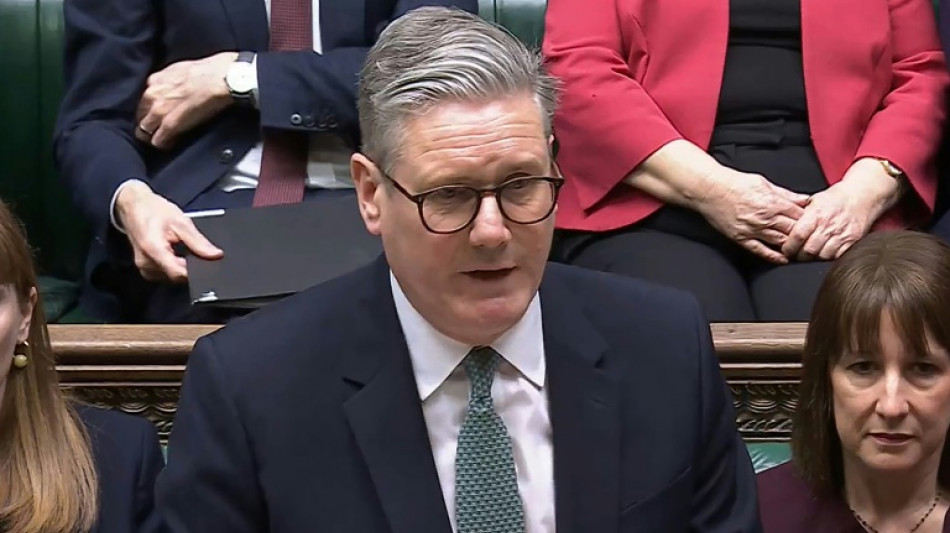
-
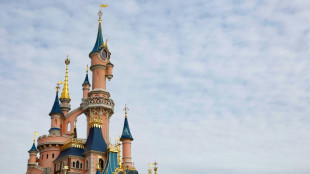 France charges Briton over staged Disneyland 'marriage' with child
France charges Briton over staged Disneyland 'marriage' with child
-
Israel says agreed to Trump plan for ceasefire with Iran
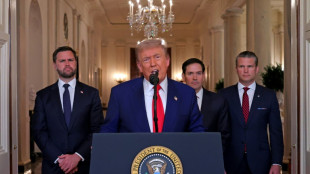
-
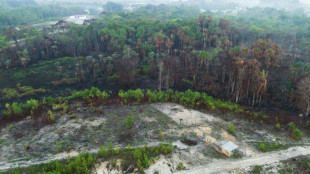 Brazil records 62% jump in area burned by forest fires: monitor
Brazil records 62% jump in area burned by forest fires: monitor
-
It will be 'big and punchy': Athletics chief Coe looks to future
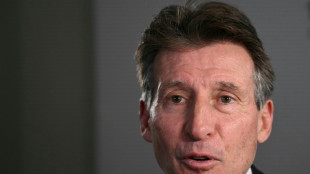
-
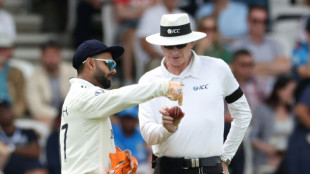 India's Pant reprimanded for dissent in first Test
India's Pant reprimanded for dissent in first Test
-
Oil prices drop as Israel agrees to ceasefire proposal
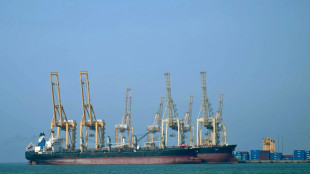
-
 UK aims to tackle Google dominance of online search
UK aims to tackle Google dominance of online search
-
'Not at the level': Atletico left to ruminate after Club World Cup KO

-
 Border confusion as Thailand shuts land crossings with Cambodia
Border confusion as Thailand shuts land crossings with Cambodia
-
Vietnam puts 41 on trial in $45 mn corruption case
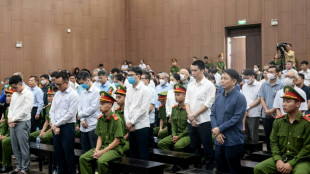
-
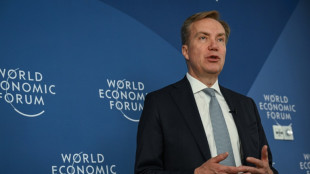 World facing 'most complex' situation in decades: WEF
World facing 'most complex' situation in decades: WEF
-
Trial of Sean Combs approaches final stretch
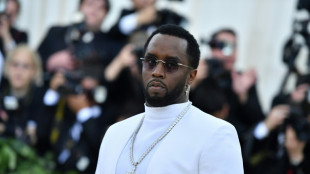
-
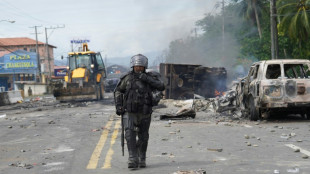 Panama says has regained 'control' of restive province after months of protests
Panama says has regained 'control' of restive province after months of protests
-
Trump says Iran-Israel ceasefire in force
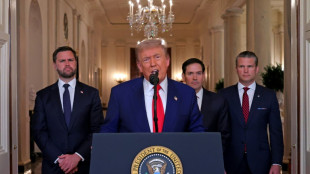
-
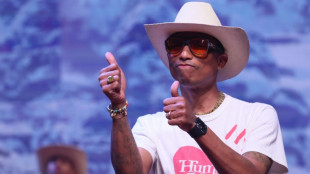 Pharrell bigs up brown denim as Paris fashion week starts
Pharrell bigs up brown denim as Paris fashion week starts
-
'Companions' ease pain of China's bustling, bamboozling hospitals

-
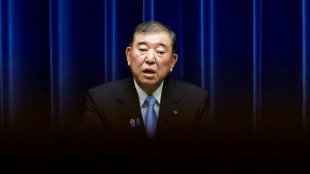 Japan PM to face tough upper house election on July 20
Japan PM to face tough upper house election on July 20
-
Judge tells Australian mushroom murder jury to put emotion aside

-
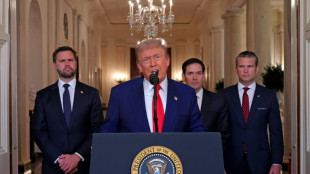 Israel says 3 killed in Iran strike after Trump's ceasefire announcement
Israel says 3 killed in Iran strike after Trump's ceasefire announcement
-
Messi's Miami and PSG progress to set up Club World Cup reunion

-
 Rock on: how crushed stone could help fight climate change
Rock on: how crushed stone could help fight climate change
-
Porto, Al Ahly out after sharing eight goals in thriller

-
 Glamour, gripes as celebs head to Venice for exclusive Bezos wedding
Glamour, gripes as celebs head to Venice for exclusive Bezos wedding
-
Messi to face PSG after Miami and Palmeiras draw to go through

-
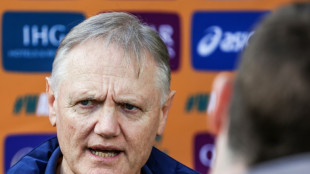 Schmidt warned he must release Wallabies for Lions warm-ups
Schmidt warned he must release Wallabies for Lions warm-ups
-
Palmeiras fight back against Inter Miami - both teams through

-
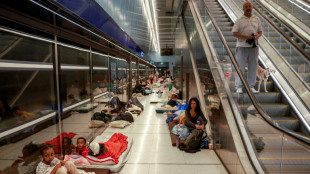 With missiles overhead, Tel Aviv residents huddle underground
With missiles overhead, Tel Aviv residents huddle underground
-
Virgin Australia surges in market comeback
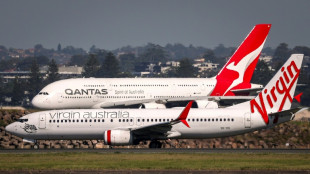
-
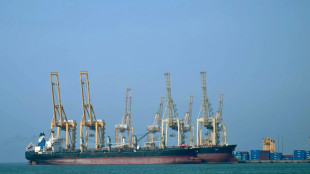 Asian stocks up as Trump announces Iran-Israel ceasefire
Asian stocks up as Trump announces Iran-Israel ceasefire
-
Flatterer-in-chief: How NATO's Rutte worked to win over Trump
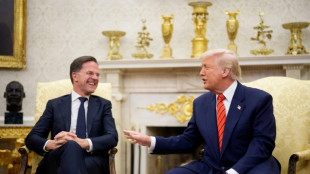
-
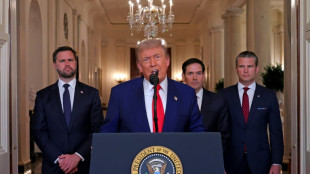 Iran signals halt to strikes if Israel stops
Iran signals halt to strikes if Israel stops
-
NATO summit seeks to keep Trump happy -- and alliance united
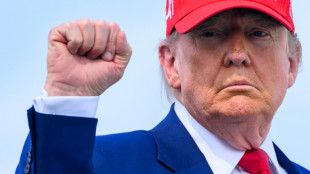
-
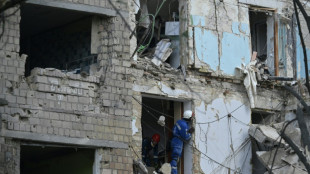 Russian drone attacks kill three in northeast Ukraine
Russian drone attacks kill three in northeast Ukraine
-
Better than gold: how Ecuador cashed in on surging cocoa prices
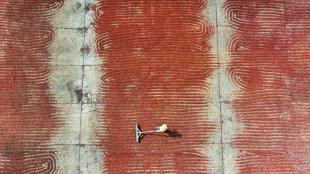
-
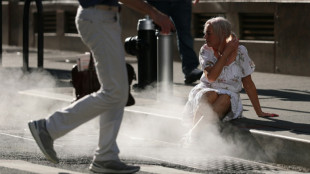 Millions in US sweat out first extreme heat wave of year
Millions in US sweat out first extreme heat wave of year
-
Pro-Palestinian protest leader details 104 days spent in US custody

-
 Gender not main factor in attacks on Egyptian woman pharaoh: study
Gender not main factor in attacks on Egyptian woman pharaoh: study
-
'Throwing the book away' with no preparation for next season: Bayern's Kompany

-
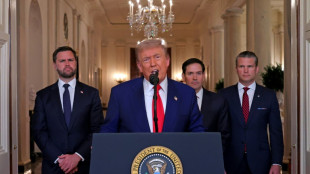 Trump announces ceasefire between Iran and Israel
Trump announces ceasefire between Iran and Israel
-
US Supreme Court allows third country deportations to resume

-
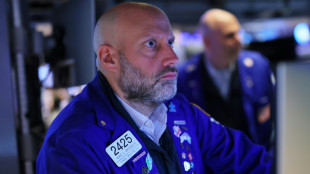 Oil prices tumble as markets shrug off Iranian rebuttal to US
Oil prices tumble as markets shrug off Iranian rebuttal to US
-
Rishabh Pant: India's unorthodox hero with 'method to his madness'
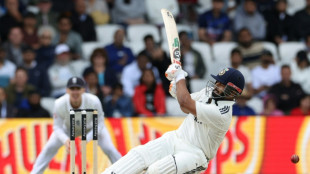
-
 PSG ease past Seattle Sounders and into Club World Cup last 16
PSG ease past Seattle Sounders and into Club World Cup last 16
-
Atletico win in vain as Botafogo advance at Club World Cup

-
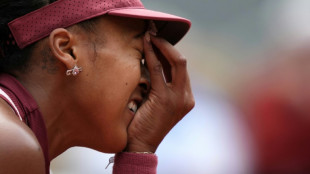 Osaka, Azarenka advance on grass at Bad Homburg
Osaka, Azarenka advance on grass at Bad Homburg
-
Haliburton latest NBA star with severe injury in playoffs

-
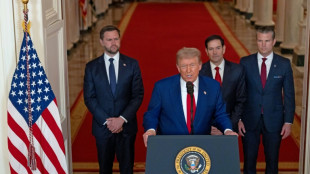 Trump wants quick win in Iran, but goal remains elusive
Trump wants quick win in Iran, but goal remains elusive
-
Iran attacks US base in Qatar, Trump says time to make peace

-
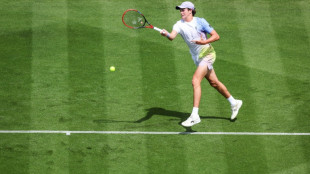 Kasatkina falls, Fonseca secures first win on grass at Eastbourne
Kasatkina falls, Fonseca secures first win on grass at Eastbourne
-
Iran attacks US base in Qatar in retaliation for strikes on nuclear sites


UK PM pledges to spend 2.5 percent of GDP on defence by 2027
British Prime Minister Keir Starmer pledged Tuesday to boost defence spending to 2.5 percent of the economy by 2027, as uncertainty reigns over US President Donald Trump's commitment to European security.
Starmer expressed an intent to eventually reach three percent, a rise of 0.7 percent from current spending that would mark the biggest increase since the end of the Cold War.
His announcement comes ahead of key talks on Ukraine with Trump in Washington on Thursday.
It will be seen as an attempt to appease the US president who has demanded that European powers pay more for their own security.
The UK spent 2.3 percent of gross domestic product (GDP) on defence in 2023/24.
Starmer's Labour government had previously committed to increasing defence spending to 2.5 percent, but had not set a timeline.
The prime minister told parliament the increase would be funded by cutting overseas development aid from 0.5 percent of gross national income (GNI) to 0.3 percent.
Starmer added he hopes to hike spending to three percent of GDP in the next parliament, which would fall during a five-year period after elections expected in 2029.
The initial rise of 0.2 percent would cost the government £13.4 billion ($16.9 billion) more every year from 2027, said Starmer.
That will mean some "extremely difficult and painful choices", he told lawmakers, but added it would contribute to the "biggest sustained increase in defence spending since the end of the Cold War".
The government would "set a clear ambition for defence spending to rise to 3 percent of GDP in the next parliament," he added.
Trump has demanded that NATO allies more than double their defence spending targets to five percent of economic output.
- 'Modernise' -
The United States currently spends around 3.3 percent on defence.
When he meets Trump, Starmer faces a difficult balancing act between backing Ukraine while not annoying the US leader.
He has indicated he will reaffirm support for Ukraine and President Volodymyr Zelensky and insist that Kyiv is at the heart of negotiations for a truce with Russia.
Trump has opened discussions with Moscow to bring an end to the war,
Starmer will hope that his announcement helps to convince Trump to provide security guarantees for any European peacekeepers sent to Ukraine to monitor any ceasefire that is agreed.
The UK premier and France's President Emmanuel Macron have said they are willing to send British and French troops to Ukraine, but they would require a US backup.
Security guarantees would likely take the form of air cover, intelligence and logistics.
"The nature of warfare has changed significantly. That is clear from the battlefield in Ukraine, and so we must modernise and reform our capabilities as we invest," Starmer said.
"This investment means that the UK will strengthen its position as a leader in NATO and in the collective defence of our continent, and we should welcome that role."
B.Mahmoud--SF-PST
